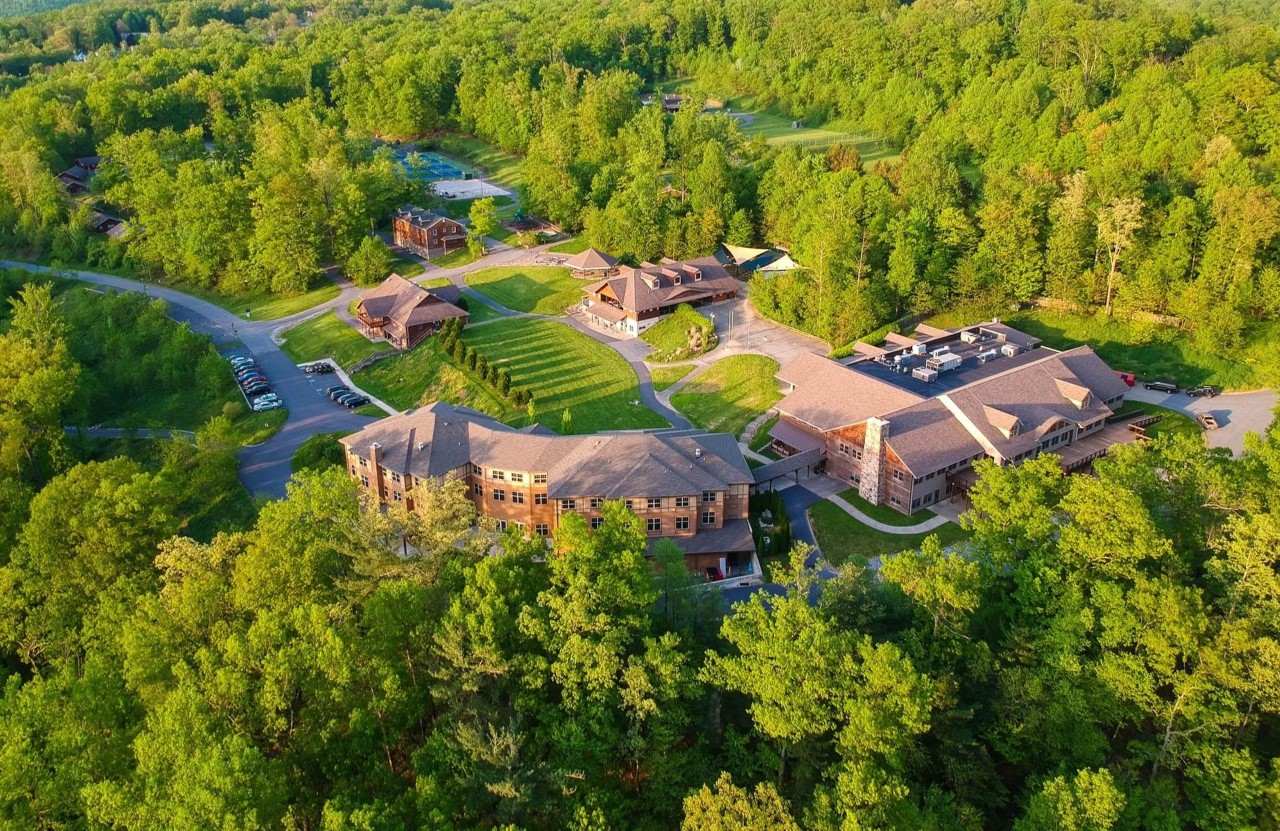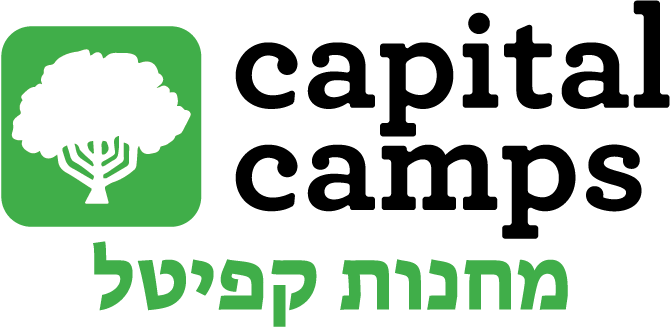
February 2021 marks the twelfth time Jewish communities around the world recognize Jewish Disability Awareness, Acceptance and Inclusion Month (JDAIM). The two pillars of JDAIM, the Spirit of Belonging and the Structure of Inclusion, align strongly with the values embedded in all that we do at Capital Camps & Retreat Center. Inclusion is about access. It is about removing physical and attitudinal barriers. Belonging is about acceptance, friendship and community.
In last week’s Torah reading, Parshat Mishpatim, Moses informs the people of numerous ethical and ritual laws and the people answer “na’aseh ve-nishma,” “We will do and we will hear.” It seems out of order that first you do and then you hear. Yet, at Sinai, our ancestors agreed to accept everything involved in the Torah, to act before hearing or understanding. Sometimes we need to change our behavior, change the way we act before we fully understand. In this biblical response, we do and then we hear, we can find an explanation of why inclusion and belonging work at Capital Camps.
We proudly “do” inclusion at Capital Camps & Retreat Center. Our facilities meet the standards of the Americans with Disabilities Act (ADA). Our Atzma’im program is going on its eighteenth year, predating JDAIM, and we use it to skillfully support campers and staff with disabilities. We are a pluralistic and kosher facility, accommodating a variety of other dietary needs. We intentionally put these structures in place to allow the entire Jewish community to gather comfortably. By striving to remove physical and attitudinal barriers, we are uniquely positioned to partner with other community leaders to strengthen and sustain vibrant Jewish life and provide multiple pathways to Jewish engagement.
“Na’aseh” is straightforward, meaning “we will do.” It is about observable behaviors. “Nishama” is more complex, however. “Nishama” can mean we will listen, we will obey or we will understand. More complex issues, such as creating a feeling of belonging, require actions first. It is not enough to say to our campers, “In our bunk everyone belongs.” Rather we need to teach specific observable behaviors, create respectful group norms and role model how to accept differences. It is precisely this order of “doing” before “understanding” that explains why “doing inclusion” makes Capital Camps a place that excels at creating a sense of belonging.
One of my favorite camp stories involves a cabin time discussion in one of our Benjamin bunks. In my previous role as the Atzma’im coordinator, I was talking to this group of 9 and 10 year old boys about the fact that we all have things we can do independently and we all have things we could use help with. At one point in the conversation, one of the campers who received support from an Atzma’im counselor spoke up and thanked his peers for understanding that he needed help from his counselor and sometimes this meant stepping away from a group. Another child shared that this type of help was very natural and that just like his friend needed extra support from a counselor, he himself used an inhaler to help him get through a day full of running around. Because both boys were part of an environment that is willing to “do” inclusion, they were able to share a moment of acceptance and belonging. This is a small example of how our commitment to inclusion raises the bar for caring, understanding, and character for everyone at Capital Camps, not merely the campers and staff who require accommodations.
This summer, as we re-gather after a year of social distancing due to a global pandemic, we need to double down on what we do best: helping campers and staff form welcoming and inclusive communities. This begins at the cabin level where we intentionally create connections among campers and staff. The bunk becomes a family unit. Each bunk establishes norms, routines and rules so that all feel safe and respected. The counselors create getting-to-know-you activities and games on the first day and then follow up with nightly cabin time programs. These routines are put in place to build an understanding of the importance of belonging. When we get to know each other, when we recognize that we all need support, and when we listen to each other, we truly foster a sense of belonging.
February, this year, is also the month where we celebrate Purim. Purim is seen as a time of joy. It is a fun-oriented holiday full of costumes, treats, merriment and noisemakers. There is nothing more joyful than a sense of belonging. For those of us working year-round, Purim also reminds us that the joy of summer camp is around the corner.
JDAIM (Jewish Disability Awareness, Acceptance and Inclusion Month) is a time to pause and take stock of where we are in terms of disability inclusion and belonging. The Atzma’im program does not just benefit the campers in this program. The benefits reverberate throughout and change the environment. The more we “do” to include those with disabilities the more we are reminded of all we need “to do” to include everyone. We are looking forward to summer, to the joy of being together, to the joy of belonging.

